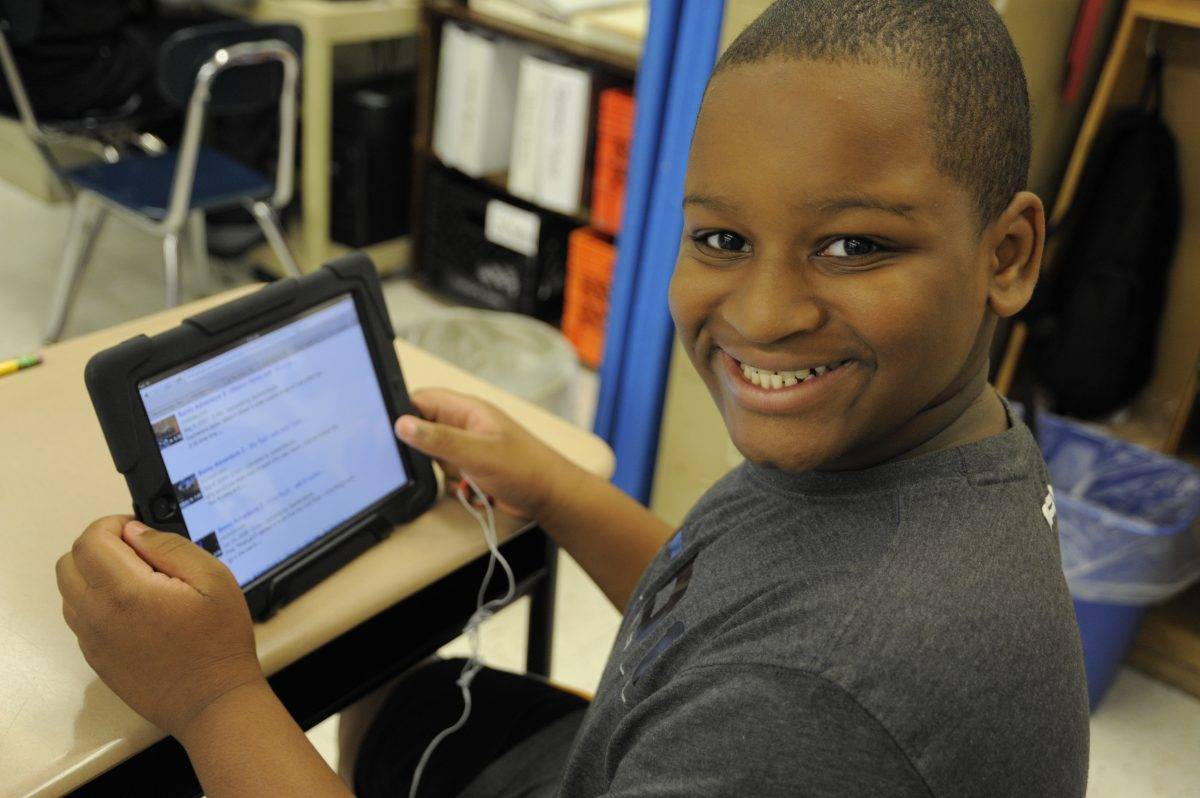Technology rules our society. It is the very foundation that allows us to thrive and continue to find new ways to make living a whole lot easier.
Assistive technology is the type of technology that helps the physically disabled. From self-driving cars to learning mobile apps, assistive technology helps the physically and mentally disabled make life a little bit easier.
Often times, people who have a loved one with a disability or are disabled themselves are unaware of the assistive technologies that are available to them. Here are three great examples of assistive technologies that can be useful to you or your loved one:
1) The Avaz App: This app has the ability to help nonverbal and autistic children develop language and communication skills. Avaz, which is available for Android and the iPad, is a picture communication app that allows children to create messages using picture symbols and synthetic speech. In addition to autism, Avaz can also be useful to children with Down syndrome, Angelman syndrome, Aspergers, and Apraxia, which are all conditions that impact their speech and language skills. To learn more about this mobile app, click here.
2) The Odin VI: The Odin VI is a talking mobile phone that is fully accessible to the blind or visually impaired, including seniors. The phone is equipped with a large number keypad, tactile buttons and text-to-speech to make it easier for seniors and the visually impaired and blind to make texts or calls. It reads aloud what is displayed on the screen as well as the keys, and provides verbal prompts to help you navigate through the phone and perform different actions. This will especially help seniors who cannot handle the more advanced technology or whose vision is slowly starting to deteriorate. To learn more about this product, click here.
3) iLearnNEarn: iLearnNEarn, 2nd generation is another great app that helps people with autism. This app facilitates basic learning, intervention and continued skill acquisition using an integrated curriculum developed by Eden Autism Services. It has a two-part series: “Special Infant-Toddler” and “School and Adult.” The “Special Infant-Toddler” uses games to deliver applied behavior analysis intervention to children at a young age. The “School and Adult” app covers about 200 skills at the primary, intermediate and secondary levels in self-care, domestic and vocational skills with an accessible library of learning activities. The app makes it very easy for autistic children and adults to learn basic skills needed for them to be able to live as functioning citizens in society, and make it easier for them to learn, especially for a classroom setting. Teachers can tailor the programs based on the students individual needs, while also using their own intervention method. To learn more about this app, click here.
Having a disabled loved one or being disabled can be difficult, but assistive technology can make life easier. To learn more about what assistive technologies can help you, click here.
Photo Credit: ibmphoto24



